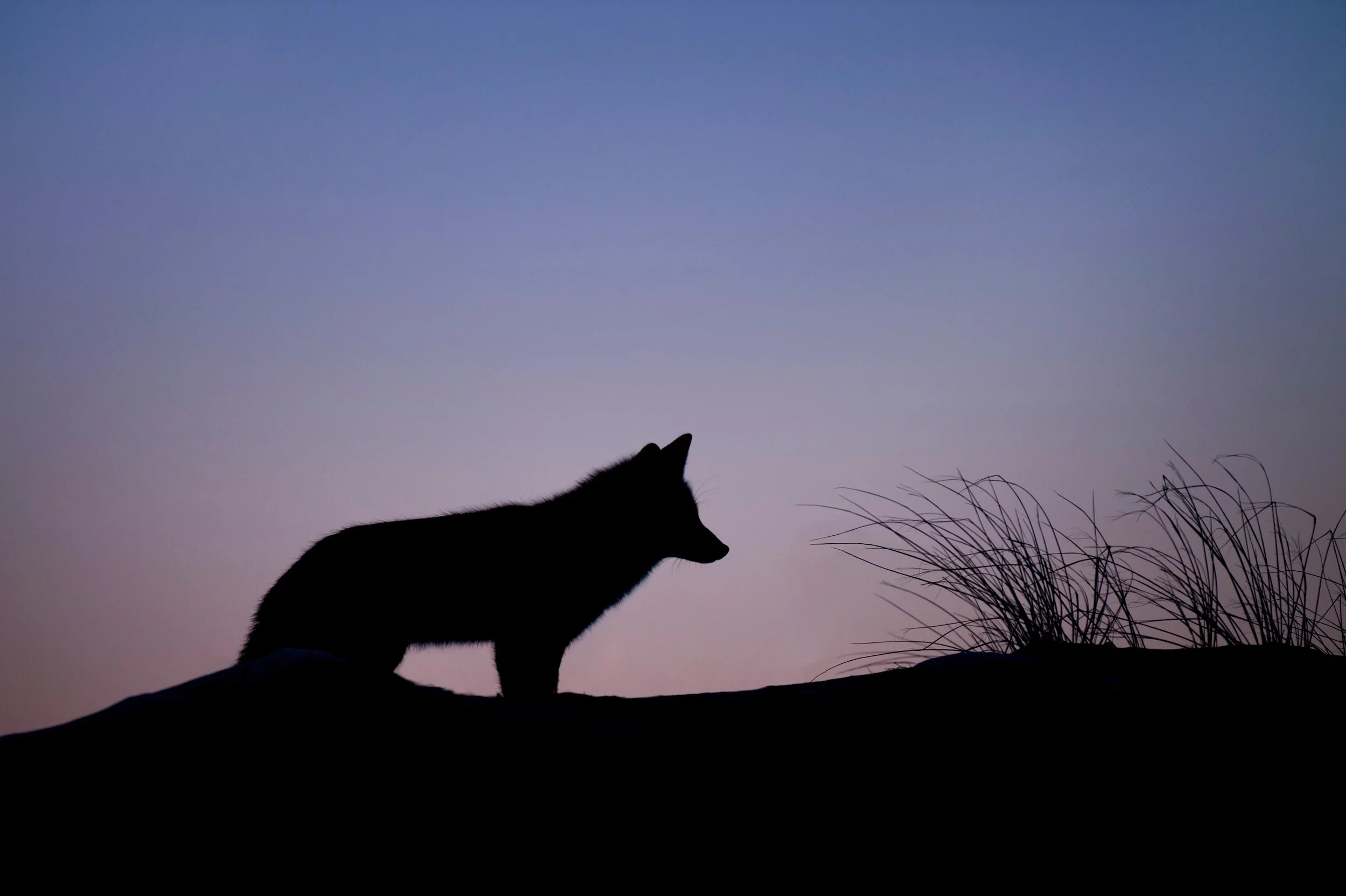One of my favorite parts of parenthood is observing the consequences of behaviors and recognizing how they still persist as an adult. It can be an eye opening and demoralizing experience, though. I don't particularly enjoy acknowledging that on many occasions I still act like an 8 year old.
But first, a little back story. Recently I've taken to learning Unity because I'm really frustrated at the state of educational and "productive" games. They're filled with ads, poor quality, or targeted more at adults. My kids have been great help in ideas and figuring out how to prioritize engagement and fun, and my first game is nearly playable (it's a typing game). So, as with all things, we need a name. We came up with KaMi Studio to release these games under (source available!), which is based on the first characters of their names (using the Japanese ネ申 to write it).
ネ申 means "incredible, fantastic". My daughter said to her brother, "I can be incredible, LIKE THE HULK and you can be fantastic... which is, Fantastic Woman? No... Wonder Woman? We're HEROES". This was enough to completely derail my son's morning. He stormed off into his room and loudly shouted, "I AM NOT A WOMAN!"
He cried Almost Wolf.
Certainly that's not something he wants someone to say, but it is of no real danger to his sense of existence or self. We may encounter moments that are dangerous to ourselves but shouldn't be, provided we take sufficient care of ourselves. It's also quite obvious that many times children, and adults, take offense just to take offense. It's difficult to tell the difference when you're in the mix. There is a wolf, but it's far away and not likely to do anything to our sheep.
We must choose when to spend our energy on defending ourselves. When there is no real danger, responding as if there is can be a more dangerous response. My son does this frequently enough that we generally assume that he's overreacting and our daughter has no intent of hurting her feelings. This means if we do not actually witness the conversation, we will judge in her favor. He then feels life is unfair, and has a compounding problem to deal with because sometimes she truly is being mean.
A lesson I try to teach the kids, and myself, is that we can separate our feelings from our actions. Humanity exists in the gap between stimulus and response. If someone does something that makes us upset, it's worth figuring out what the real danger is. This takes a lot of practice and something I'm still pretty terrible at but steadily improving. We need to recognize if it's really a wolf and if it's really after our sheep.
If I act on the emotion and not the real danger, people around me will assume it's an overreaction. That's not always fair, but I believe it's a constraint we have to acknowledge by living in a world with other walking meatsacks of emotion. Worse still, I may build a habit of overreaction and get further away from being able to choose how to respond. I try to help my kids see this, by talking about taking action to work towards the outcome you want and trying to acknowledge the real danger and consequences in any situation, not just what you feel. In this case, storming off and shouting isn't going to do anything to deter his sister from jokingly calling him a woman super hero in the future.
It's easy talking to kids about this. When I say to them to save your emotional energy for things you really care about, they can list of dozens of things they care about. I wish I could name items on that list so easily.
